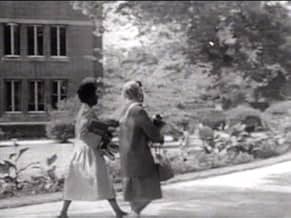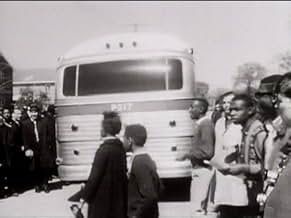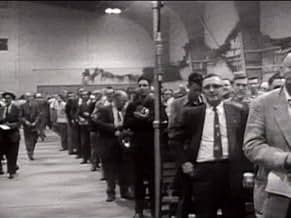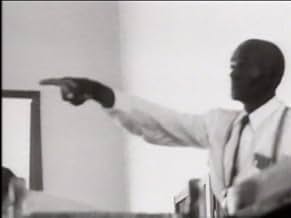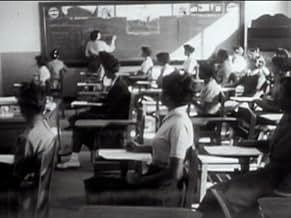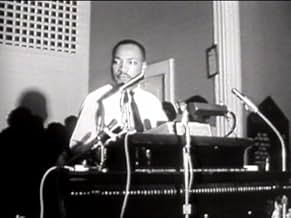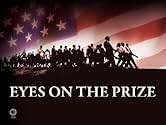A documentary about the American Civil Rights Movement from 1952 to 1965.A documentary about the American Civil Rights Movement from 1952 to 1965.A documentary about the American Civil Rights Movement from 1952 to 1965.
- Nominated for 1 Oscar
- 11 wins & 5 nominations total
Browse episodes
Storyline
Did you know
- TriviaThe series was unavailable from 1995 to 2006 owing to copyright issues. Licenses for "Happy Birthday", news footage, various photographs, songs, and lyrics used in the film expired in 1995, and the film company Blackside could not afford to renew these licenses. A grant from the Ford Foundation enabled them to renew the licenses. The series was rebroadcast and released to DVD in October 2006.
Featured review
I've seen the original series several times and was taken along for an emotional and intellectual journey on "modern-day" beginnings of the Civil Rights Movement. There is no way I could conceive anyone but a strident racist could not be moved by the sheer simplicity of using the churches as the center to motivate and rally black people. Dr. King is shown as a young minister developing his oratory and the narration is intense. I would have to say that my favorite segment is the at first calm eulogy offered during the funeral following the death of a marcher that becomes angered at the seeming wantoness of murder. It was so impassioned it made me guilty for not being more involved in the Movement as a teen. Buy and watch the series. It will be among the best things you will ever do!
- How many seasons does Eyes on the Prize have?Powered by Alexa
Details
- Release date
- Country of origin
- Language
- Also known as
- Eyes on the Prize II
- Production company
- See more company credits at IMDbPro
- Runtime6 hours
- Color
Contribute to this page
Suggest an edit or add missing content



